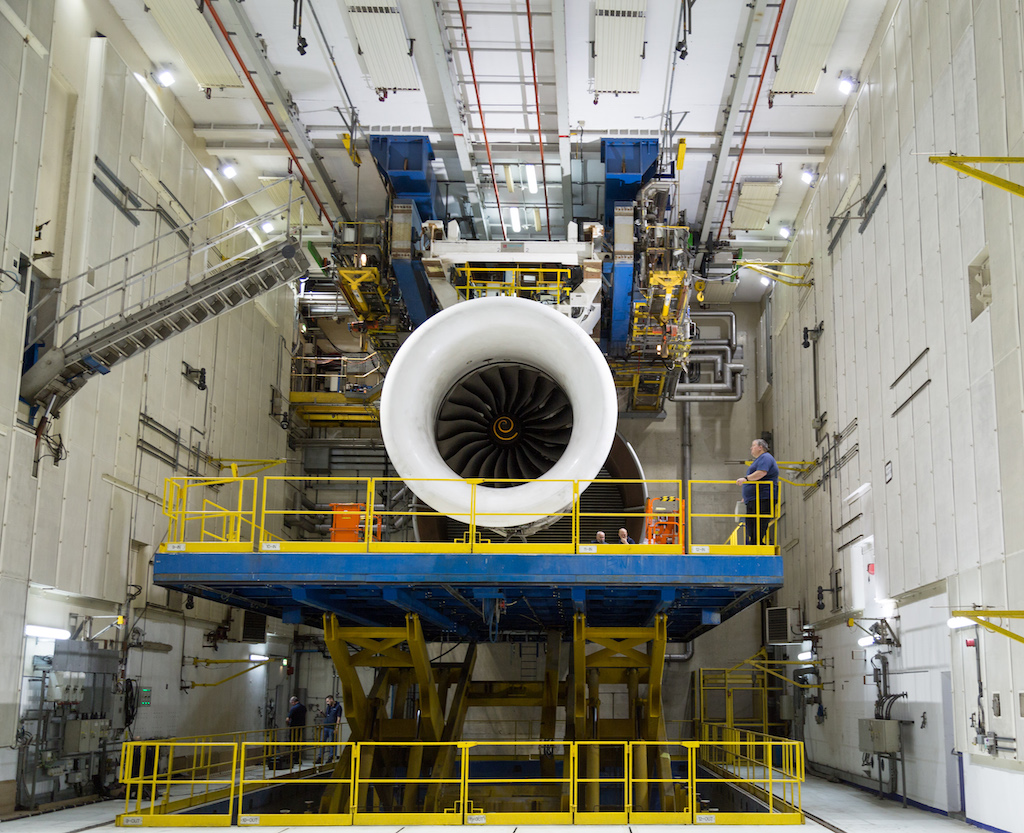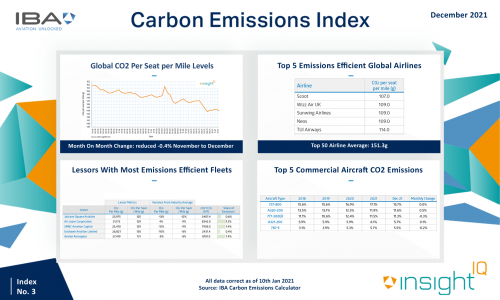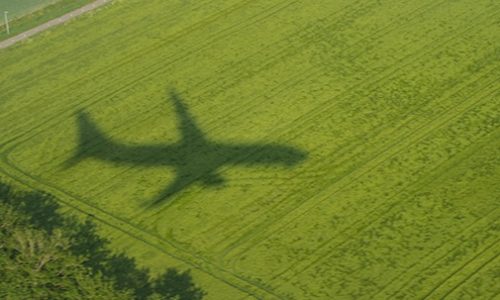
Rolls-Royce has started ground tests on an aeroengine demonstrator using 100% Sustainable Aviation Fuel (SAF) for the first time, saying that it will lay the groundwork for a transition to cleaner skies.
The future of medium-to-long-haul flight still needs the gas turbine engine power unit, said Rolls-Royce, but added that it also requires a “new level of environmental performance” to meet growing public calls for greener transport.
A spokesperson for the UK-based aircraft aero-engine manufacturer said: “One element of that debate is the role of the gas turbine. While aviation continues to research new power solutions such as electrification and hydrogen it is clear that, for medum-to-long-distance travel, the gas turbine is the only viable solution for many years to come.
“That is why the introduction of Sustainable Aviation Fuel (SAF) is now at the centre of debate about the future of flying. It offers the prospect of breaking the carbon chain to reconcile the need to travel with the need for sustainability.
“The net CO2 lifecycle emissions of unblended SAF in this test are at least 75% less than conventional jet fuel, and as methods of production advance there is the possibility of further reductions in years to come.”
In an analysis of a post-Covid world where vaccines will allow people to fly again, air passengers will want to do so sustainably, said the Rolls-Royce spokesperson, continuing: “It’s an issue that was already at the forefront pre-COVID-19 and will undoubtedly return again post-COVID-19 as people return to a new normality with an even greater recognition of just how fragile and interconnected our planet is.”
Rolls-Royce said that engine demonstrator tests using 100% SAF aim to confirm that unblended SAF makes a “significant contribution” to improving the environmental performance of gas turbine engines.
At present SAF is certified only for blends of up to 50% – so a change to allow 100% SAF would be ground-breaking in terms of sustainability.
The tests, in Derby, UK, have just started on a Trent 1000 engine which also incorporates ALECSys (Advanced Low Emissions Combustion System) lean-burn technology.
Paul Stein, Rolls-Royce Chief Technology Officer, said: “Aviation is a tremendous force for good, keeping the world connected, but we have to do that sustainably. If SAF production can be scaled up – and aviation needs 500 million tonnes a year by 2050 – we can make a huge contribution for our planet.
“We know that is a huge undertaking and will require teamwork right across a number of stakeholders, including aviation, the fuel industry and government bodies. These tests are a contribution to the SAF debate, aiming to demonstrate that our current engines can operate with 100% SAF as a full ‘drop-in’ option, laying the groundwork for moving such fuels towards certification.”
The SAF being used in the tests was produced by low-carbon fuel specialist World Energy in Paramount, California, sourced by Shell Aviation and delivered by SkyNRG. Fuel deliveries have taken place throughout November and the first engine run took place on November 24.
The tests will run until the New Year and aim to confirm full engine operability with the fuel and will also monitor performance and emissions.
ALECSys is part of the UltraFan next generation engine demonstrator programme, which offers a 25% fuel saving over the first generation of Trent engines. The ALECSys programme is supported by the European Union via Clean Sky and in the UK by the Aerospace Technology Institute (ATI) and Innovate UK. The 100% SAF testing programme is additionally supported by ATI, iUK and Gulf Aviation.
Gene Gebolys, Chief Executive Officer and founder, World Energy, said: “World Energy exists to empower leaders to innovate by providing the world’s most advanced low carbon fuels. Rolls-Royce is putting their technological prowess to work to understand how to maximise their potential in engines and we are proud to support them.”
Theye Veen, Managing Director, SkyNRG, added: “This programme is a great example of what can be achieved when companies from across the aviation value chain that share an ambition of reducing emissions work together. As a pioneer in SAF, SkyNRG encourages innovative tests like this run by Rolls-Royce.”
In addition to supplying the SAF with SkyNRG, Shell Aviation is also providing Rolls-Royce with AeroShell lubricants for the ALECSys engine test programme.
Anna Mascolo, President, Shell Aviation, commented: “For over 100 years, Rolls-Royce and Shell have worked together to drive aviation’s progress. This collaboration brings us one step closer to decarbonising aviation.
“As well as the SAF, Shell Aviation will provide offsets using nature-based solutions to make the test net zero emissions, reinforcing how multiple measures are essential if aviation is to achieve net zero carbon dioxide emissions.”
Testing is due to be completed in December and results from the test are expected early in the New Year.

